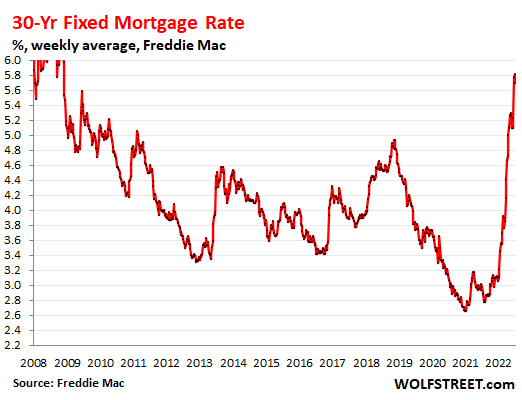Editorial: Gov. Healey's housing bill is needed now

Halloween may be just around the corner, but the housing market in Massachusetts has been scary year-round for homebuyers and renters. Last month saw the lowest number of single-family property sales since 1995, according to data from the Greater Boston Association of Realtors. And last year the Boston area ranked third in the nation for highest median rent, at $2,990 a month for a one-bedroom apartment, according to data from Zumper.
The unavailability of homes to buy, combined with soaring rental costs, is a main factor driving so many residents out of state, causing the state’s overall population to shrink last year despite births outnumbering deaths.
We were relieved to see Gov. Maura Healey’s $4.1 billion housing package last week, which includes several measures that will spur housing production. Lawmakers ought to support the bill and pass it into law to reverse the outmigration trend we’ve seen since the pandemic.
One provision, which we’ve already weighed in on, allows cities and towns to enact a transfer fee on high-value home sales, with the money going to support affordable housing in the areas. That can help workers live in high-priced communities such as Nantucket and Somerville, thereby helping the business owners in those areas. But Healey’s bill also would create a new $50 million MassHousing “momentum fund” to help kickstart mixed-income multifamily projects that have been delayed by high lending rates and other costs.
A third major piece of the legislation would allow for small housing units — accessory dwelling units, or ADUs — to be built on existing residential properties or created in a garage or a basement without requiring a special permit. The administration projects 10,000 ADUs could be created over five years, which — if true — would go a long ways toward making the state more affordable for residents who need inexpensive small studios and one-bedrooms.
Some of the measures in Healey’s bill are sure to bring debate. Allowing ADUs, for example, has been opposed by municipalities whose residents argue that such a state law thwarts local zoning, allowing multi-family homes into areas intended for single-family ones. Indeed, it may make sense for lawmakers to consider giving cities and towns more control over regulating ADUs. But ADUs are proving more popular in other high-cost states, such as California, and passing a statewide law to allow them makes more sense than hoping cities and towns will overcome NIMBY attitudes and pass such laws themselves.
The need for more and cheaper housing is one of the largest crises threatening to derail the state’s economic successes of the past few decades. We urge legislators to pass the bill quickly to provide hope to those residents who simply can’t afford to live here anymore.
| Rank | Prior Rank | Organization/Prior rank (*unranked in 2022)/ |
|---|---|---|
|
1 |
1 |
Combined Jewish Philanthropies of Greater Boston Inc. |
|
2 |
2 |
Museum of Fine Arts, Boston |
|
3 |
3 |
GBH |


